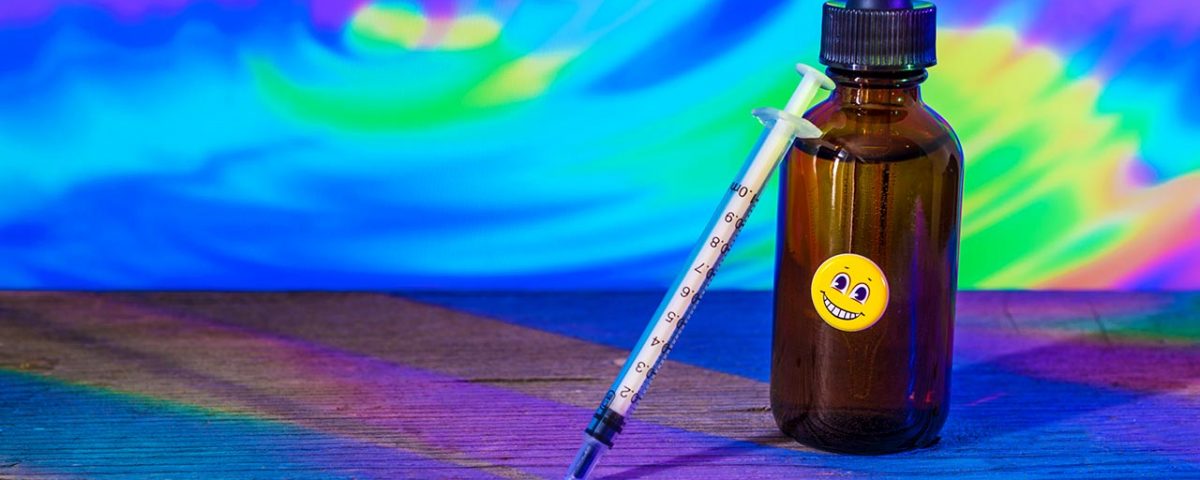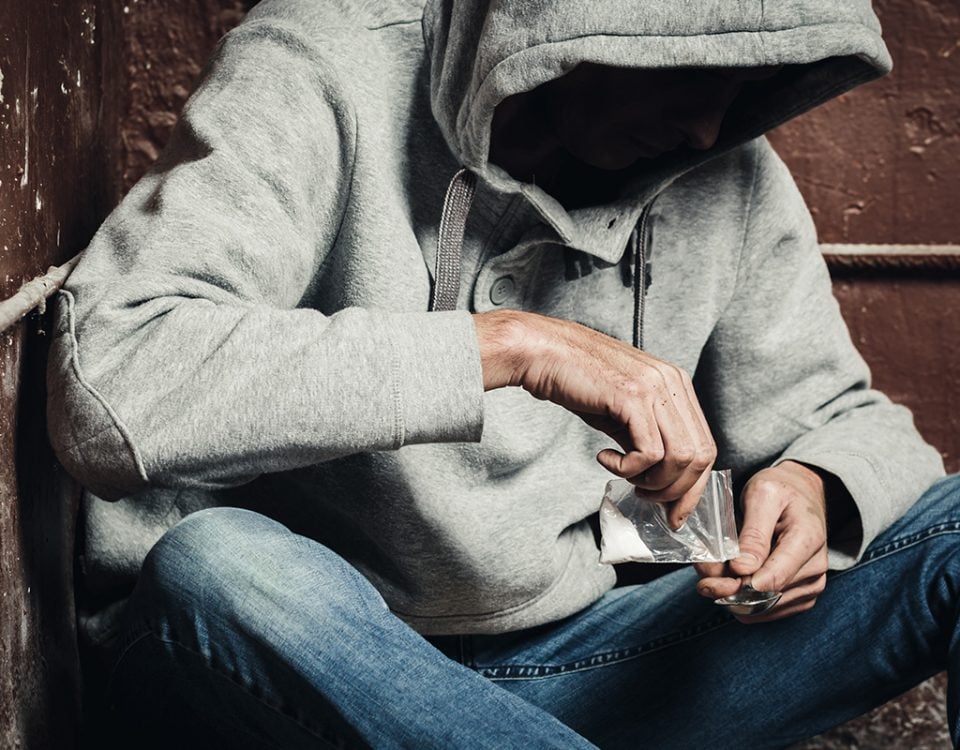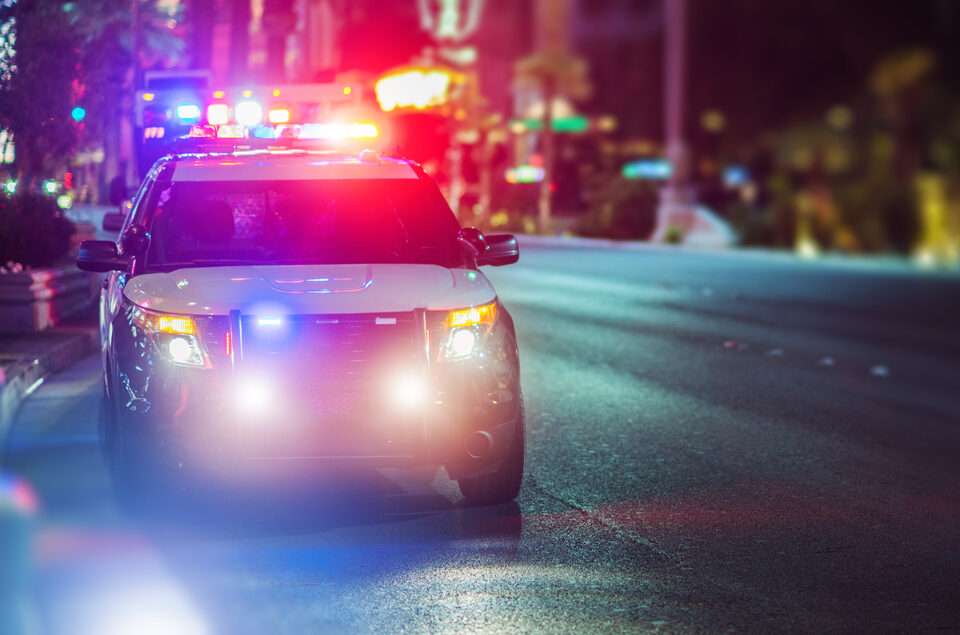In 2010 alone, there were over 32 million lifetime hallucinogenic users in the U.S.1
Hallucinogens are a group of mind-altering drugs that affect a person’s awareness, thoughts, judgment, and feelings. Every kind of hallucinogen can cause similar adverse effects on the mind. They distort a person’s reality and, as the name suggests, produce hallucinations. These hallucinations can be either visual, auditory, or both, and can cause extreme terror and anxiety
At Banyan Treatment Centers Delaware, we know that any form of substance abuse can cause addiction. At our drug and alcohol rehabilitation center in Delaware, we offer a variety of addiction treatments and programs to help individuals recover and find sobriety.
Types of Hallucinogens
Some of these drugs are made from plants or mushrooms, and others are synthetic, or manmade. These drugs have been most recently used for social or recreational purposes. The two types of hallucinogenic drugs are classic hallucinogens and dissociative drugs.
Classic Hallucinogens
The effects of classic hallucinogens, or psychedelic drugs, distort a person’s perception of reality. Psychedelic drugs work by targeting the neural circuits in the brain that utilize neurotransmitters called serotonin. These drugs also affect the areas of the brain that control a person’s mood, cognition, arousal, and perception.2 When someone uses classic hallucinogens, they lose all sense of reality and can be in an odd state of confusion. While in this state of confusion, the user may place themselves in dangerous situations or perform risky behaviors.
Common classic hallucinogens include:3
- LSD
- Psilocybin
- Mescaline
- Peyote
- DMT
- 251-NBOMe
Addiction to hallucinogens results from the constant desire to feel the out-of-body effect that these drugs produce. People may get caught up in the effects of hallucinogens without realizing the disruption they have on the brain’s basic functions. Many people wonder, “are hallucinogens addictive?” because LSD affects the body differently than other hallucinogens. However, a person’s tolerance to LSD grows as the person continues to use, causing a tolerance, and eventually, a dependency. Individuals who struggle with hallucinogen dependence can receive treatment in our residential treatment program.
Getting into treatment is easy with our free insurance verification
"*" indicates required fields
Dissociative Drugs
Dissociative drugs can be extremely dangerous to a person’s physical and mental health. Like classic hallucinogens, dissociative drugs produce visual and auditory hallucinations that can be confusing. Unlike classic ones, dissociative drugs also make the person feel as if they’re floating and detached from their reality. An out-of-body experience is a common side effect of hallucinogens.
Common dissociative drugs include:3
- Phencyclidine (PCP)
- Ketamine
- Dextromethorphan (DXM)
- Salvia
Regardless of whether they’re natural or synthetic, hallucinogens can cause severe short-term and long-term effects and addiction. Long-term hallucinogen users place themselves at a higher risk of developing an addiction.
Can Hallucinogens Be Addictive?
Many people have asked the question: are hallucinogens addictive? The psychedelic and out-of-body experiences these drugs produce keep users hooked as they use them to try and escape from their reality. Individuals battling with mental illness and mental health problems tend to seek out hallucinogens in an attempt to break free from any stressors or difficulties in their lives. Hallucinogens can cause addiction because of their chemical properties, increasing the person’s risk of developing long-term health defects.
At Banyan Delaware, we understand the dangers of drug addiction. That’s why we provide different levels of care to treat different forms of substance abuse. Our priority is the health and safety of our patients. At our Delaware rehab facility, our patients can receive individualized treatment that’s created to meet each of their needs.
If you or a loved one are suffering from substance abuse, do not wait to get help. Call us at 888-280-4763 to begin your journey to sobriety.
Sources:









